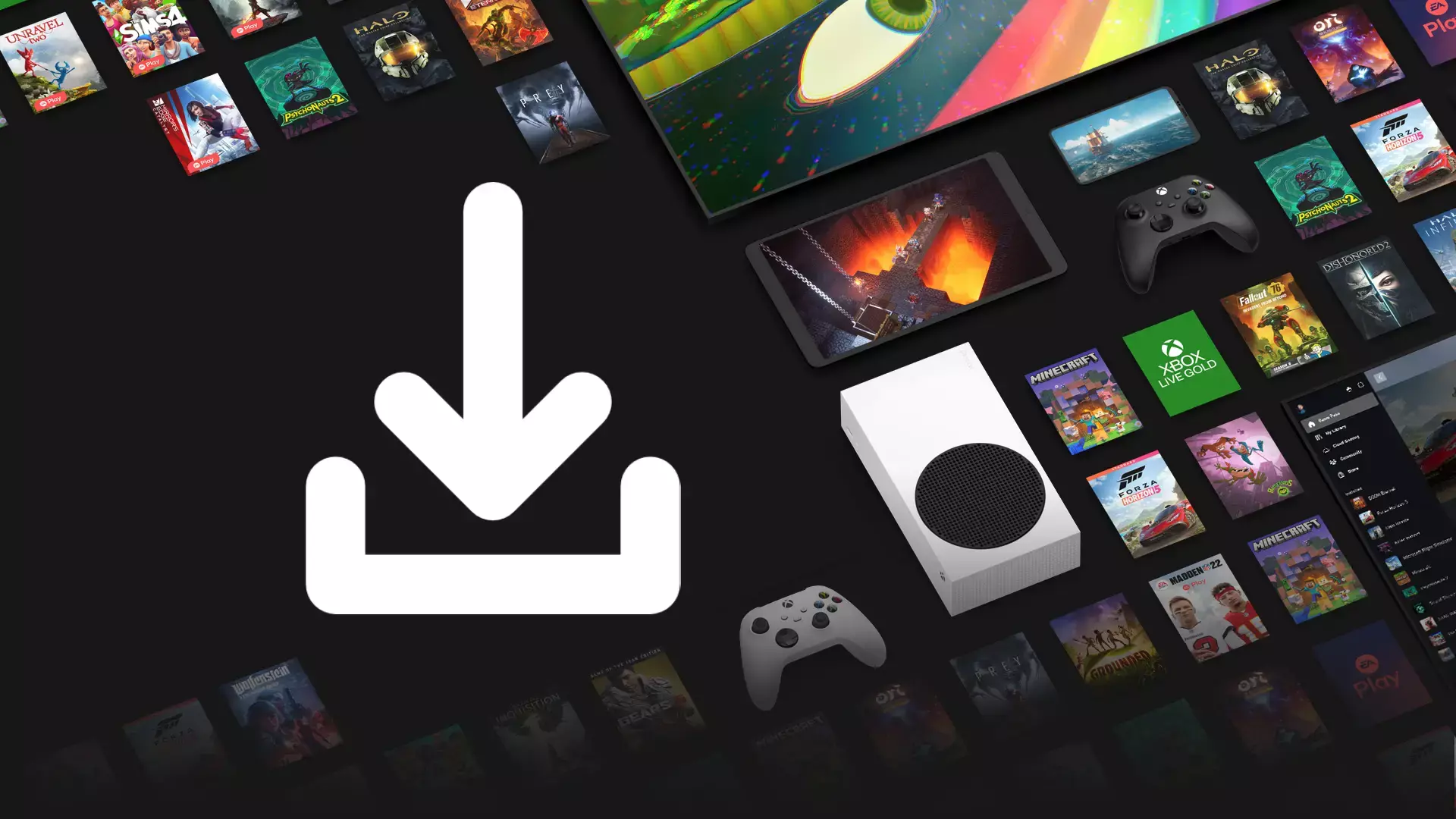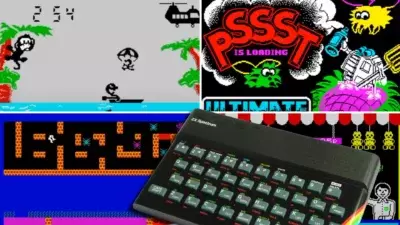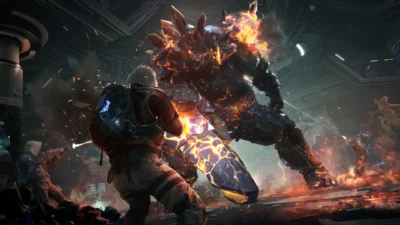
Yes, digital downloads are convenient – but without physical copies, how can we save and retain games for future generations?
Step into my home today, and you may not notice that I’m a gamer. Sure, subtle clues are there; the frames on the wall hold art that some Dishonored fans may recognise, and a very distinct pyramid-ed man with a spear stands atop the bookcase, but besides the goliath PS5 and Xbox Series X sitting alongside my TV, and a controller dock sitting atop a dusty, but cherished, Halo 5 edition Xbox One, there’s nothing else to give it away.
Rewind fifteen years, however, and my lounge would have looked very different. Next to the TV was a guitar tree holding three plastic guitars, and next to that, a dusty drum kit. Below the TV were two consoles – a PS3 and Xbox 360 – plus a Wii, which meant everything else that went with it – controllers, nunchucks, rubber bands, Wii Fit board, even the obligatory plastic steering wheels – were jammed beneath the TV stand.
And that wasn’t even the worst of it. Despite proclamations to the contrary, I am a perennial doesn’t-put-stuff-back-in-the-right-box player, which means at any one time, there could be a dozen game boxes stuffed into all corners of the cabinet, and only one contained the correct game therein. And those were just the games I was playing at the time. Upstairs were two Ikea 4×4 Kallax cube storage systems overflowing with hundreds of games. Some were for the consoles downstairs. Some were for the NES, N64, and PS2 systems I didn’t even have hooked up at the time. Precisely zero of them would have the right game in the correct case.
Read more: Guitar Hero | Why the world’s ready for a remake
It’ll likely come as no surprise, then, that I was an early adopter of digital gaming. By the time we’d moved onto the PS4 and Xbox One era, I’d packed away my plastic knick-knacks with glee, revelling in the freedom digital gaming allowed me. No longer did I need to find the disc for a game, or run upstairs to the junk room. I kept a handful of my favourite titles installed at all times, and cycled through the rest of my library and to-be-played pile, installing and uninstalling as I went. For someone as messy – and indecisive – as I am, it felt like a godsend to always have my games to hand, albeit sitting on a cloud somewhere instead of in the wrong box upstairs.
But whereas I was able to enjoy the freedom (and space!) digital gaming afforded me, the fact is, a console generation ago, I could only play the latest games because of the UK’s thriving second market. Like other players from lower socio-economic backgrounds, my ability to obtain the latest games depended entirely upon my ability to trade in or exchange completed or unwanted games for new ones. But beyond the sheer dominance of live service games and the fact that millions of players are at the mercy of server statuses and a decent internet connection, digital gaming has all but eradicated that custom, not least because some games are only available digitally, making it impossible for gamers to recoup some of the expense of gaming – and let’s face it; gaming is expensive – and put that money towards their next purchase.
But it gets worse. At no point did I think beyond my own comfort and freedom to consider the wider implications of going digital. It never occurred to me that, unlike the games I’d grown up with, at some point, someone could flick a switch which meant I could never play an old favourite again. I didn’t think that we’d emerge, blinking, into a future where developers and gamers alike would have to fight to preserve games, be they triple-A or indie or Flash or HTML or free-to-play. And yet here we are.
Read more: VHS | The future of game preservation?
Because as much as I grumble about the precariousness of live service gaming and the impact it has on fans, the real issue here is that without physical discs, it’s becoming increasingly difficult to archive games, too. Yes, we live in a time where publishers and developers alike are keen to cash in on our nostalgia and remake or remaster some of the classics we loved growing up – I mean, I never expected to meet MediEvil's Sir Dan Fortesque again on a modern-day system – but that’s not the same, is it? Just as sometimes the cover of your favourite song may be great, it’s okay to want to revisit – and even prefer – the original from time to time.
As we belatedly realise the impact digital-only gaming is having, non-profit organisations like The Video Game History Foundation have sprung up, dedicated to preserving, celebrating, and teaching the history of video games.
But even with the work they do, a recent survey commissioned by the Foundation concluded that a staggering 87 per cent of “classic video games released in the United States are out of print” and currently unplayable due to “rights issues, technical issues, low commercial value, and digital store shutdowns”. And the problem is particularly prevalent for older ecosystems like the Commodore 64 and PS2, of which just 4.5 per cent and 12 per cent of their respective library of games are still available. That’s less than the survival rate of American silent films and barely more than pre-WW2 audio recordings.
This leaves us with one astonishingly uncomfortable question: is this an acceptable cost for the convenience of digital games?
Vikki Blake has a column every week here at whynow Gaming. You can read her previous dispatch here.





